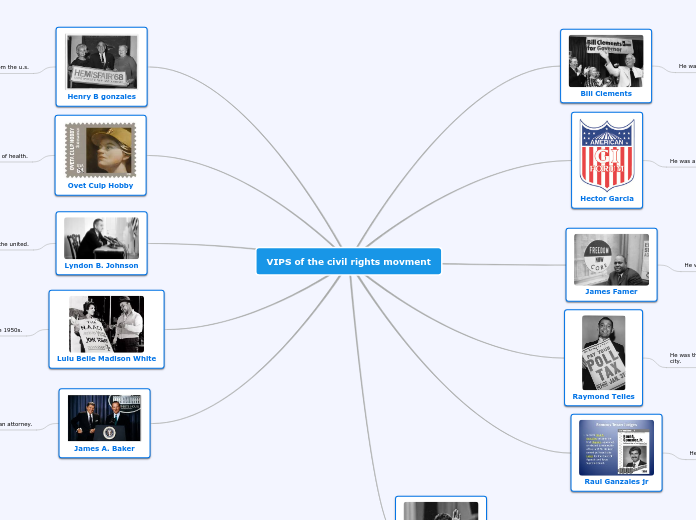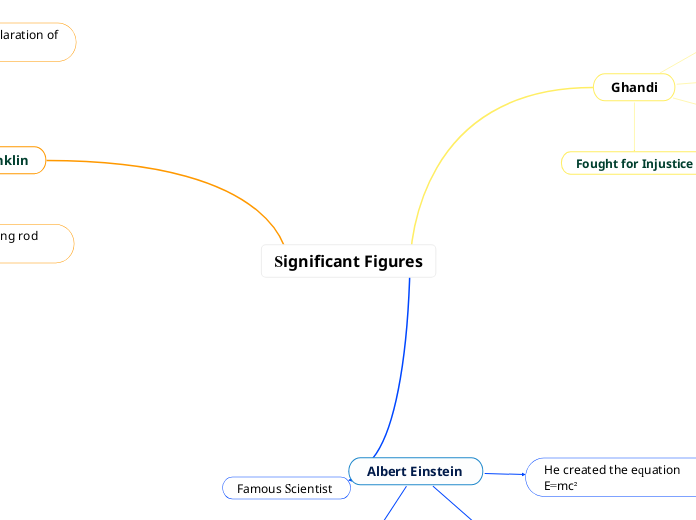arabera Shiza Sohail - Rick Hansen SS (2542) 6 years ago
197
canada and the world
Maurice "The Rocket" Richard transcended his role as a hockey player and became a symbol of French Canadian pride during a time when French Canada had few figures to champion on the global stage.









